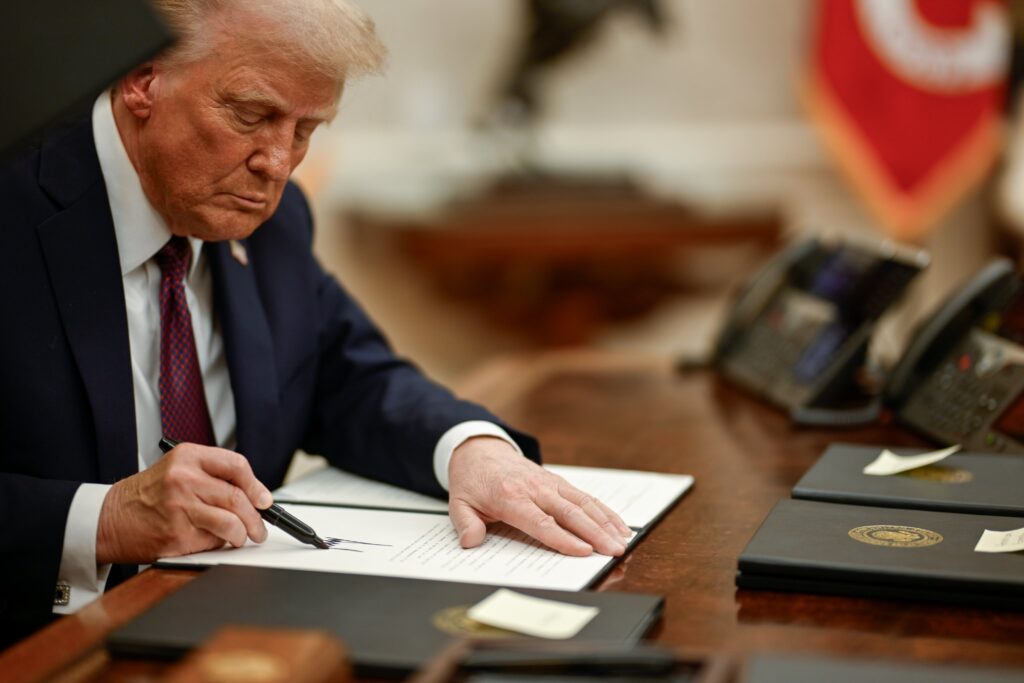Attorney General Pam Bondi announced the doubled reward, connecting Maduro directly to extensive drug smuggling operations. In response, Venezuelan Foreign Minister Yvan Gil dismissed the reward as “pathetic” and labeled it as mere political propaganda aimed at diverting attention from domestic issues in the US. Bondi articulated on social media that Maduro had cooperated with criminal organizations such as the Tren de Aragua gang and the Sinaloa Cartel, asserting that the US Drug Enforcement Administration (DEA) had seized significant quantities of cocaine linked to Maduro's operations.
The US has previously charged Maduro and other Venezuelan officials with serious crimes, including narco-terrorism and corruption. Such accusations stem from claims that Maduro collaborated with the Colombian rebel group, FARC, to use cocaine to destabilize the US. Despite these allegations, Maduro has persistently denied any ties to drug trafficking.
Bondi’s recent statements further underscore the longstanding frictions between the US and Venezuela, although specific strategies regarding the new reward remain unclear. Maduro, who has consistently been accused of authoritarianism and violence against dissenters, retains his power despite numerous protests and international pressures. Meanwhile, in a related case, former Venezuelan military intelligence chief Hugo Carvajal recently acknowledged drug trafficking charges in a US court, potentially implicating Maduro.
As the US continues to impose sanctions on Maduro's administration, the geopolitical landscape remains fraught with implications for both nations, further complicating an already intricate relationship.
The growing tensions illustrate the broader implications of US-Venezuela relations, as the global community watches closely.
The US has previously charged Maduro and other Venezuelan officials with serious crimes, including narco-terrorism and corruption. Such accusations stem from claims that Maduro collaborated with the Colombian rebel group, FARC, to use cocaine to destabilize the US. Despite these allegations, Maduro has persistently denied any ties to drug trafficking.
Bondi’s recent statements further underscore the longstanding frictions between the US and Venezuela, although specific strategies regarding the new reward remain unclear. Maduro, who has consistently been accused of authoritarianism and violence against dissenters, retains his power despite numerous protests and international pressures. Meanwhile, in a related case, former Venezuelan military intelligence chief Hugo Carvajal recently acknowledged drug trafficking charges in a US court, potentially implicating Maduro.
As the US continues to impose sanctions on Maduro's administration, the geopolitical landscape remains fraught with implications for both nations, further complicating an already intricate relationship.
The growing tensions illustrate the broader implications of US-Venezuela relations, as the global community watches closely.















